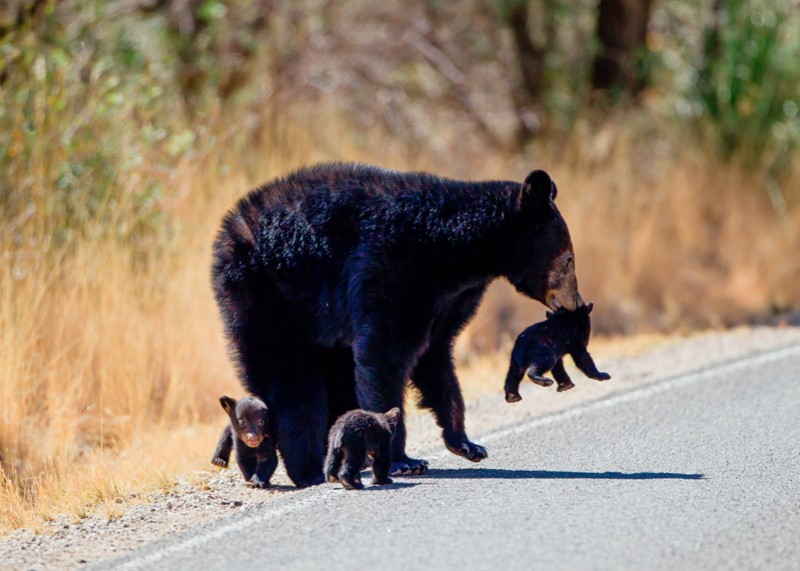When in June 2015, from the top of the business branch, Donald J. Trump stated his intention to run for the Republican presidential nomination, no one would have ever believed that, after only one year and a half, the situation of American animals could become so tragic…
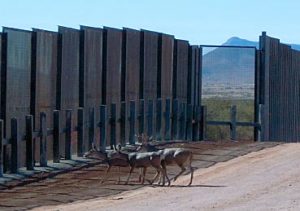 His political thought about animals has already been discussed (see more: http://www.oipa.org/international/trump-presidency-the-end-of-an-era-for-animals/). However, this was in mid-November… Since the 20th of January, when he became the actual 45° President of US, Trump had begun to fulfil the promises made during the political campaign. If on one hand that is great (it often happens that, once are elected, politicians forget all the pledges held in the previous few months), on the other hand it can be easily shown how these promises are kept improperly by Trump: for example, what about the Muslim ban? The new President states that this banishment is an antiterrorist measure, but it prevents the entrance of citizens of seven Islamic countries that have never been involved in terroristic attacks since 2001, while Saudis or Egyptians are not affected by the prohibition: why? Maybe because Trump industries are in business with these countries?
His political thought about animals has already been discussed (see more: http://www.oipa.org/international/trump-presidency-the-end-of-an-era-for-animals/). However, this was in mid-November… Since the 20th of January, when he became the actual 45° President of US, Trump had begun to fulfil the promises made during the political campaign. If on one hand that is great (it often happens that, once are elected, politicians forget all the pledges held in the previous few months), on the other hand it can be easily shown how these promises are kept improperly by Trump: for example, what about the Muslim ban? The new President states that this banishment is an antiterrorist measure, but it prevents the entrance of citizens of seven Islamic countries that have never been involved in terroristic attacks since 2001, while Saudis or Egyptians are not affected by the prohibition: why? Maybe because Trump industries are in business with these countries?
At the same time, the so-called Trump wall, which is an extension and a deepening of the separation barrier whose construction started under President Bush Sr., seem not to keep in consideration social and ethic consequences. Not just with reference to the right of movement of people, which is connected to the right of every single human being to leave his country and therefore to enter the territory of another State, but also to the right of animals and their conservation.
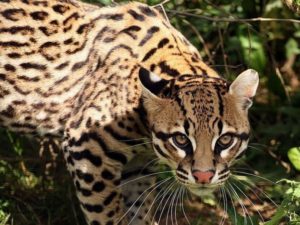 Obviously, expecting that Trump can understand that borders are historically defined by human treaties or human wars, and therefore are incomprehensible for animals, it is perhaps an effort above his possibilities. However, apparently, this effort seems to be impossible even for the rest of the team Trump chose to help him running the country.
Obviously, expecting that Trump can understand that borders are historically defined by human treaties or human wars, and therefore are incomprehensible for animals, it is perhaps an effort above his possibilities. However, apparently, this effort seems to be impossible even for the rest of the team Trump chose to help him running the country.
The US – Mexican border is located in a really delicate position: birds and animals’ migrations are regular and continuative between the north and the south of the American continent. Moreover, it is the housing area to a diverse population of mammals, birds and plants, including: the iconic American roadrunner (the famous Beep Beep chased by Wile E. Coyote), the saguaro cactus (symbol of the American southwest in movies). Also cougars, desert bighorn sheep, jaguar, Mexican gray wolf, desert tortoise, black bear, American bison, and the ocelot are further endangered by this decision… for an estimated total of 111 endangered species, 108 species of migratory bird, four wildlife refuges and fish hatcheries, and an unknown number of protected wetlands, according to the US Fish and Wildlife Service.
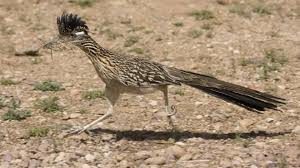 This “pharaonic project”, as it has been called by many architects, is nothing more than a misplaced infrastructure priority, that will not help in keeping out undocumented people: unlike animals, human being (and particularly the most desperate that have already travelled thousands of miles to get to the border are totally not going to look at a wall and turn around!) «are good at building big, deep tunnels […], and are good at building big ladders, catapults […]» said Jesse Lasky, a Penn State biologist.
This “pharaonic project”, as it has been called by many architects, is nothing more than a misplaced infrastructure priority, that will not help in keeping out undocumented people: unlike animals, human being (and particularly the most desperate that have already travelled thousands of miles to get to the border are totally not going to look at a wall and turn around!) «are good at building big, deep tunnels […], and are good at building big ladders, catapults […]» said Jesse Lasky, a Penn State biologist.
The existing wall is already negatively affecting wildlife: a 2005 study is shown how in only 15 years the wall has damaged wildlife and its habitat, introduced exotic species, increased wildlife mortality and displacement, besides having introduced modifications of wildlife behaviour in response to disturbances.
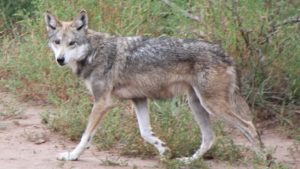 In order to make the already quoted list of endangered animals shorter, to save not just lives but the entire ecosystem, it is necessary to develop alternatives instead of constructing the massive wall: for example, a wide range of high-tech monitoring devices are available and should be used. This equipment would provide security while still minimizing the impact on wildlife.
In order to make the already quoted list of endangered animals shorter, to save not just lives but the entire ecosystem, it is necessary to develop alternatives instead of constructing the massive wall: for example, a wide range of high-tech monitoring devices are available and should be used. This equipment would provide security while still minimizing the impact on wildlife.
There are always options. What is not always available are politicians able to do their jobs, without submitting to the interest of lobbies and looking for a better future for everyone.
Author
Paola Colombo
SIGN UP TO OIPA NEWSLETTER! CLICK HERE

